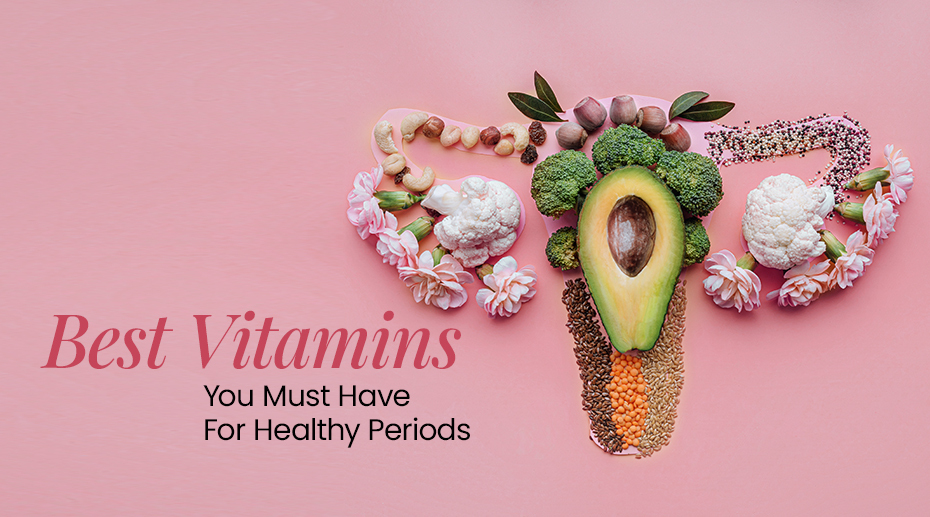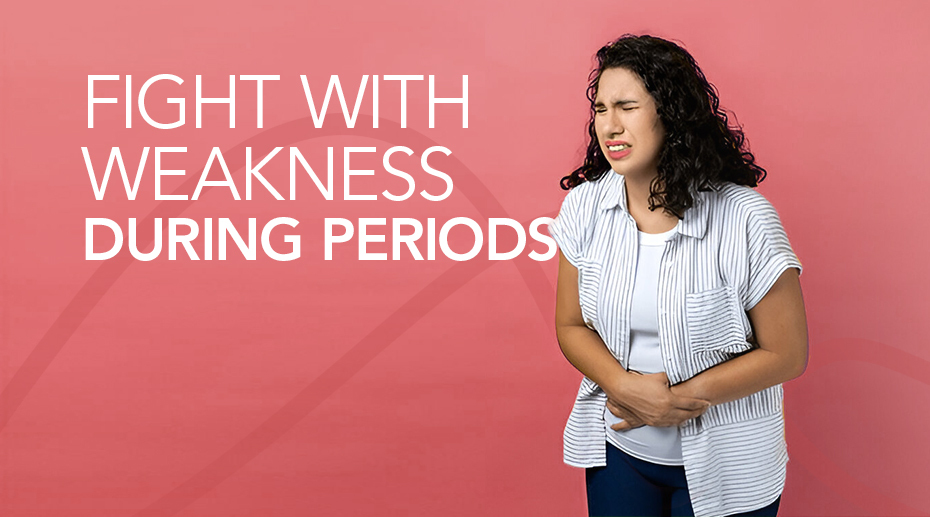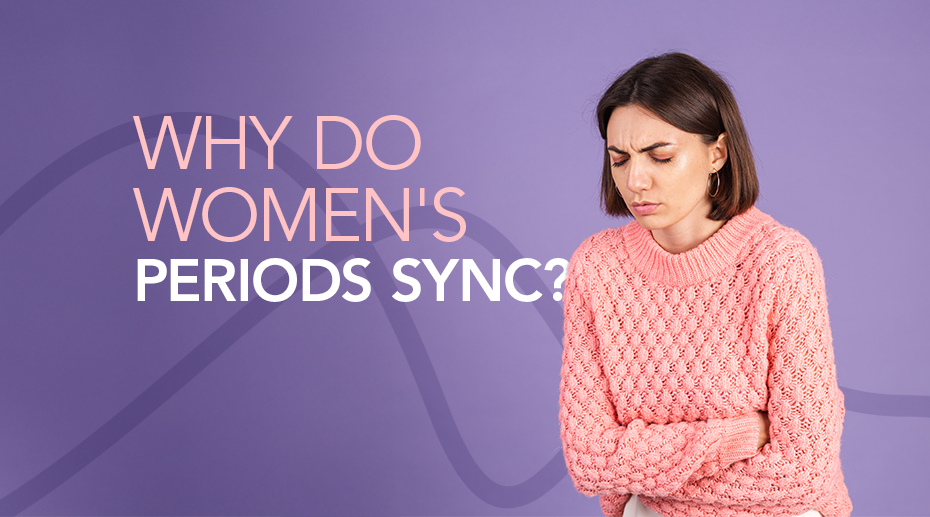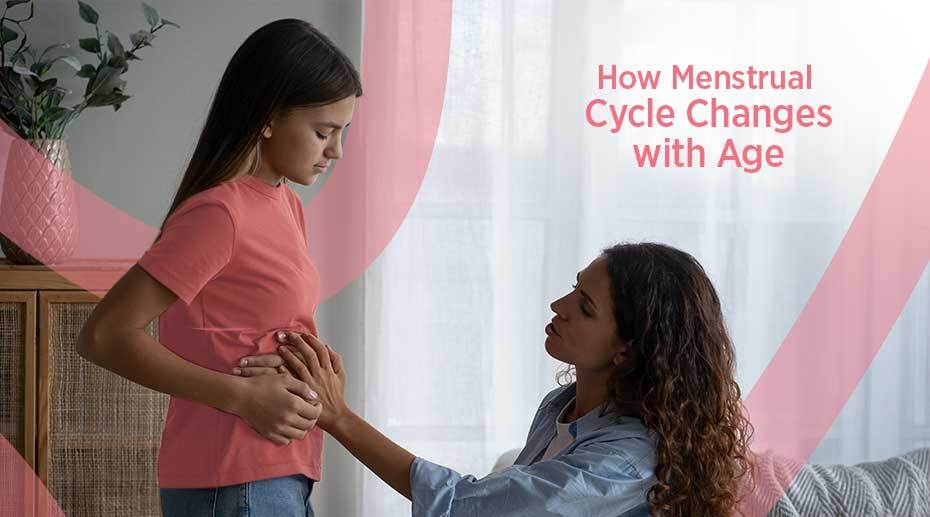
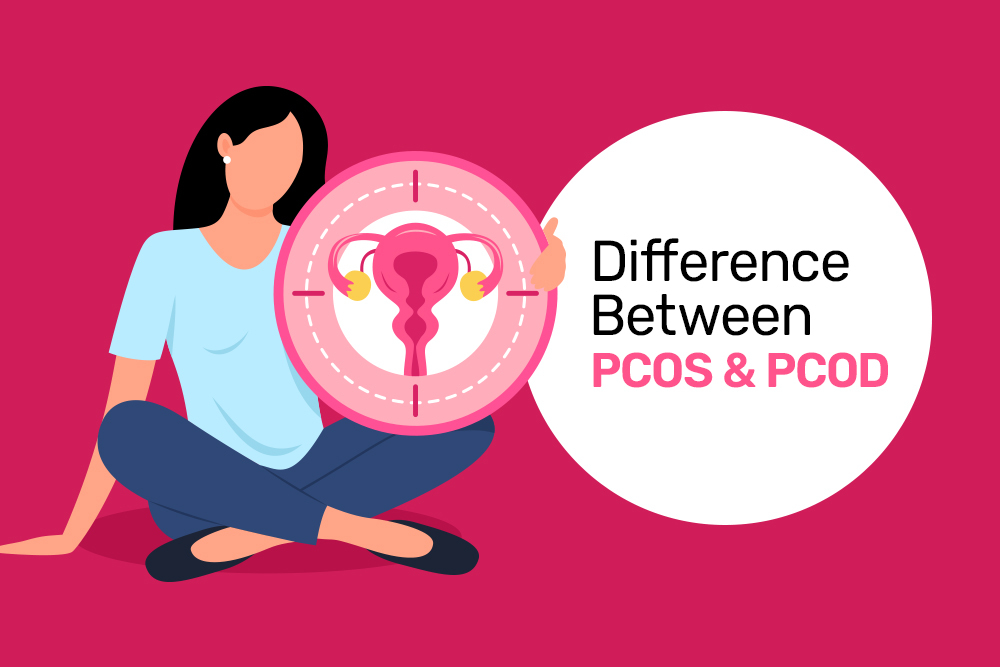
Difference Between PCOS and PCOD
What is PCOD and PCOS? Is PCOD and PCOS the same? A lot of women out there are still confused between these two terms. Some of the women are misunderstood that they are the same. However, the fact is that they are completely different, despite some similarities to the effect of it on ovaries and trouble that it causes to your hormones. Let us take you through a thorough understanding of PCOS and PCOS and what’s the major difference between them.
What is PCOS?
PCOS stands for Polycystic Ovary Syndrome. In this condition, the ovaries are affected due to excessive androgen levels- a male hormone that causes irregular periods due to its interference in the development and release of the egg. These eggs are prone to become more than in a cyst that is filled with liquid. Due to the creation of cyst, the egg instead of being released during the ovulation phase, expands in the ovaries which by the time even gets enlarged.
The prevalence of PCOS is quite high, affecting around 5-10% of women of reproductive age worldwide. Some studies suggest that up to 1 in 5 women experiences PCOS to varying degrees, but due to under diagnosis or misdiagnosis, the actual numbers could be higher.
The actual cause of PCOS is still unclear, however genetics, insulin resistance, and hormonal factors play a significant role for causing PCOS.
What is PCOD?
PCOD stands for Polycystic Ovarian Disease. Women have 2 ovaries which release an egg each month. The ovaries produce a tiny quantity of androgens or male hormones. PCOD is a condition where your ovaries release considerable immature or partially mature eggs which are then turned into cysts. Due to this, the ovaries enlarge and secrete large amounts of androgens or male hormones causing infertility, irregular menstrual cycle in women. It can also cause hair loss and abnormal weight gain.
It’s important to note that PCOD and PCOS (Polycystic Ovary Syndrome) are often used interchangeably, but PCOS encompasses a broader spectrum of symptoms beyond just ovarian cysts. The exact cause of PCOD is not fully understood but is believed to involve hormonal imbalances, genetic factors, and lifestyle influences.
Common Symptoms of PCOD and PCOS
The symptoms of both conditions vary from person to person and they might also overlap. Some of the common symptoms of PCOD/ PCOS are:
- Irregular and Uncertain period cycle
- Amenorrhea – Delay or absence in periods
- Menorrhagia – heavy or prolonged menstrual bleeding
- Excessive Hair Loss
- Weight Gain
- Skin pigmentation around the neck region
- Deprivation in Sleeping
- Depression
- Infertility and miscarriage issue
- NASH (Non-alcoholic steatohepatitis)
- Endometrial cancer
Women having PCOS may also suffer from metabolic syndrome, which increases the risk of heart disease, stroke and diabetes.
Causes of PCOD/PCOS
PCOD (Polycystic Ovarian Disease) and PCOS (Polycystic Ovary Syndrome) share similar causes, as they are often used interchangeably due to overlapping symptoms. Some of the common causes of PCOS and PCOD conditions include:
Hormonal Imbalance
Elevated levels of androgens (male hormones) disrupt the normal ovulation process, leading to irregular menstrual cycles and the formation of ovarian cysts.
Insulin Resistance
Many women with PCOS/PCOS have insulin resistance, where cells don’t respond effectively to insulin.
Insulin resistance means where your muscles, fat and liver do not respond well to insulin and feel trouble in taking up glucose from your blood which can contribute to higher androgen production, exacerbating hormonal imbalances. It can be caused due to obesity, imbalance in lifestyle, and carbohydrates rich diet.
Genetic or Hereditary
There is evidence that genetics play a role. Women with a family history of PCOD/PCOS are more likely to develop the condition. Especially, women having PCOD are likely to have hereditary cases of women from their family suffering from this issue.
Inflammation
Women with PCOS have chronic low-grade inflammation in the body may contribute to this condition which can also lead to heart related problems.
We’ve delved into a comprehensive understanding of PCOD and PCOS, exploring their causes and primary symptoms. Yet, they remain intricate conditions, each akin to an expansive ocean, containing noticeable similarities between them. Let’s now delve into the main difference between PCOD and PCOS.
What is Difference Between PCOD and PCOS?
PCOS | PCOD |
| PCOS is a condition where the ovaries produce high quantities of androgens or male hormones resulting in an ovarian cyst. | PCOD on the other hand, is where the ovaries produce immature or partially-mature eggs, which then form a cyst. |
| PCOS is a disorder caused in the endocrine system | While PCOD is mainly developed due to imbalance in the hormones. |
| PCOS is a severe condition which is found around 0.2% to 2.5% in women across the globe as compared to PCOD. | PCOD is found more in the woman as compared to PCOS. Almost, 1/3rd of the woman around the globe suffers from PCOD |
| Due to PCOS, women find it difficult to ovulate, that makes it hard for them to be pregnant and may also cause infertility issues. | Around 70-80% of the women suffering from PCOD have a smooth pregnancy as in PCOD, women can get ovulated and do not find it difficult to get pregnant by following proper medications. |
| Women with PCOS have serious complications like type 2 diabetes, heart-related disease, high-blood pressure, endometrial cancer. | PCOD isn’t typically as severe as PCOS. PCOD is found in women where there has been some sort of family history of women suffering from the same. |
| One who is suffering from PCOS, requires infertility treatments and protocols to manage other health conditions that have or may cause due to this. | PCOD can be easily regulated by maintaining proper diet, exercise, lifestyle changes and some medications. The exact treatment of PCOD is still not identified, it can be managed to some extent. |
Both conditions are complex and multifaceted, often requiring individualized management approaches that may include lifestyle modifications, medications to regulate hormones or insulin, and sometimes fertility treatments, depending on the severity of symptoms and individual needs.
Do PCOS and PCOD affect Menstruation?
Yes, both PCOD (Polycystic Ovarian Disease) and PCOS (Polycystic Ovary Syndrome) can significantly affect the menstrual cycle. They commonly lead to irregular periods or changes in menstrual patterns, such as:
Irregular Menstruation
Women with PCOD or PCOS may experience irregular periods, which can involve prolonged gaps between periods, unpredictable bleeding, or even absence of menstruation for several months.
Heavy or Prolonged Bleeding
Some individuals may experience heavier or prolonged menstrual bleeding episodes.
Painful Periods
Menstrual pain or dysmenorrhea might be more pronounced for some women with PCOD/PCOS. Women suffering from period pain must try to opt for some natural remedies to get rid of period pain, as they can help not only to reduce period pain, but they also help to change your lifestyle to some extent. If some of you feel unbearable or severe menstrual pain, then try out modern solutions like period pain relief devices. They are completely natural and drug-free. Taking medications for period pain is not a good option if your period pain is bearable.
| IPC says that painkillers during periods can have side-effects like DRESS syndrome. DRESS syndrome poses a considerable life-threatening risk, with an estimated mortality rate of approximately 10% across various studies. |
Thus opting for natural remedies and modern solutions like period pain relief gadgets can help to manage period pain naturally. This TENS device for period pain helps to send the painful signal to your brain and significantly helps in reducing the discomfort.
Difficulty Predicting Cycles
Due to irregularities, tracking or predicting menstrual cycles can become challenging.
These conditions impact hormone levels, particularly androgen hormones and insulin resistance, disrupting the normal hormonal balance necessary for regular ovulation and menstruation. Managing these conditions often involves addressing the hormonal imbalances to regulate menstrual cycles and alleviate associated symptoms.
If you suspect that you are suffering from this either condition, it is important to speak to a doctor, diagnosis includes blood test, pelvic ultrasound whichever is prescribed by your gynecologist. Timely diagnosis of them and taking mindful and appropriate steps helps you to overcome this condition and make the journey towards success in the long run.
It may take a lot of patience, you need to have patience and take proper care that can help you to an extent. Address each symptom like irregularities in periods, facial hair, weight gain, acne issue and infertility issue and take steps to prevent them naturally along with your medications and have a proper diet. Understanding your conditions is crucial for early detection, effective management, and maintaining reproductive health. Stay safe and responsible.
Answering More Questions Regarding PCOD and PCOS
Can women get pregnant when she has pcod?
Yes, around 70-80% of the women are found to have a smooth pregnancy. Taking proper medications and consulting a doctor for future planning for the family can help a lot at a later stage.
Can you have weight gain in pcod / pcos?
Yes, women can gain weight in PCOS/PCOD due to metabolic syndrome affecting their hormones and increased level of androgens. Weight patterns in women suffering from PCOD or PCOS find belly fat issues like men and a higher percentage of body fats.
How to cure pcos permanently?
PCOS cannot be cured permanently. However, it can be managed to some extent by following proper medications and following a healthy lifestyle.
Which is more serious PCOS or PCOD?
PCOS is a serious condition as compared to PCOD as it can be treated through correct diet and exercise. On the other hand, PCOS is a metabolic disorder and more severe as compared to PCOD. One needs to have proper medications and follow prescribed medications to manage PCOS.



